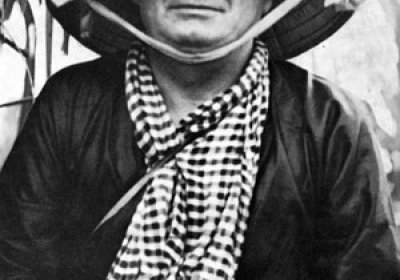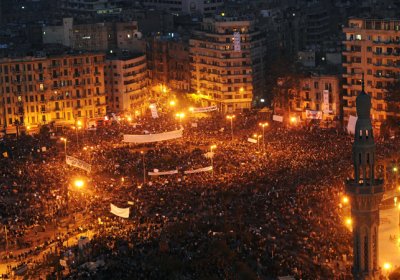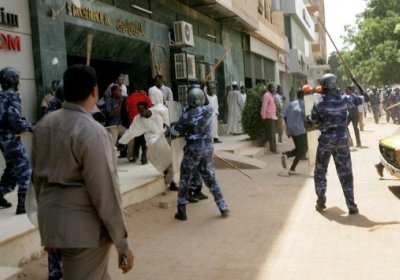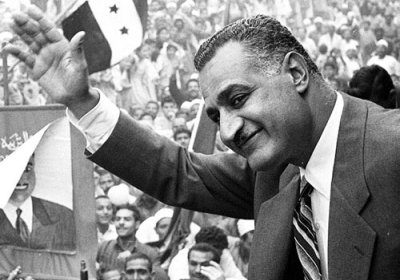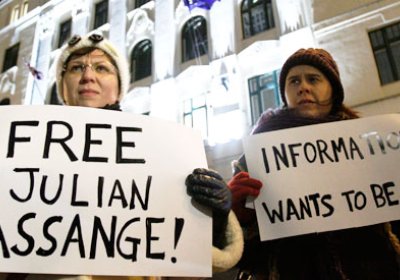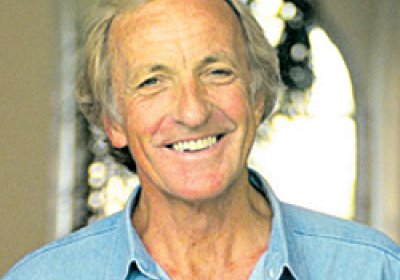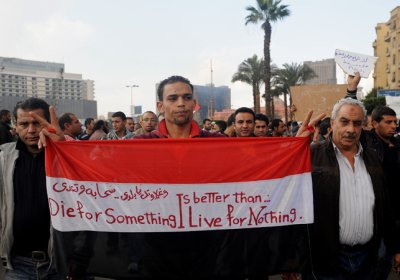The persecution of WikiLeaks founder Julian Assange is unfortunately nothing new in the history of Australia or other Western nations. The outward appearance of democratic government often masks a darker, anti-democratic reality.
Dissenters and truth-tellers such as Assange, who dare to challenge the official version of events, have been subjected to acts of bastardry in the past.
The Australian government’s treatment of Assange today invites comparison with the earlier case of the Australian socialist journalist Wilfred Burchett, who died in 1983.
Democracy
In 2009, more than a 100 activists were arrested in a swoop on a community centre in Nottingham in an operation involving hundreds of police.
They were alleged to be planning to close down Ratcliffe-on-Soar power station. It was revealed that one of the organisers of the alleged protest, Mark Stone, was an undercover cop who had tipped off the police.
Stone was unveiled after his partner found a passport in his real name of Mark Kennedy. He was confronted by Camp for Climate Action activists and confessed all.
Regardless of the outcomes of the Egyptian and Tunisian revolutions, and regardless of whether protests for democracy in Yemen, Jordan and other Arab countries grow into similar uprisings, the Middle East has fundamentally changed.
Thousands of students braved the notoriously brutal Sudanese police and security forces on January 30 in anti-government protests inspired by the Tunisian and Egyptian uprisings, SudaneseTribune.com reported that day.
Rallies took place at three universities and other sites across the capital, as well as in east and west Sudan.
Students called for General Omar al Bashir’s National Congress Party government to resign and condemned recent austerity measures and ongoing attacks of democratic rights.
Ongoing democracy protests in Tunisia, which continued beyond the January 14 overthrow of President Zine al-Abidine Ben Ali to demand a government free from the former ruling party, were hit by a wave of vicious repression in late January.
The protesters from the “caravan of liberation”, which had camped for five days outside Prime Minister Mohamed Ghannouchi’s offices in Tunis, were driven off the streets on January 29.
The popular uprising which has swept Egypt over the past two weeks, inspired by the revolt which drove the Tunisian dictator from power in mid-January, is the expression of a people’s power movement in the Arab world which has been 40 years in the making.
I have been waiting for this for a long time. I lived in Cairo for six months in the first half of 1967, until the so-called Six Day War forced my family to leave Egypt for Britain.
My father was a meteorological scientist working through the United Nations with the Eqyptian agriculture department for a time.
Thousands of West Papuans marched in the capital Jayapura on January 26, AFP said that day.
Marchers rejected the area’s “special autonomy” status within Indonesia and demanded a referendum on independence from Indonesia.
Protesters chanted: “Indonesia the coloniser, Indonesia the oppressor, Indonesia the robber.”
The action included students from Cenderawasih University, the Indonesian Christian Students Movement and church members, Tempo Interactive said on January 26.
The Sydney Peace Foundation awarded its “gold medal for peace with justice” to WikiLeaks editor-in-chief Julian Assange on February 2 in recognition of his “exceptional courage and initiative in pursuit of human rights”.
This award is different from the foundation’s annual Sydney Peace Prize. The foundation has awarded the gold medal on only three previous occasions: the Dalai Lama in 1998; Nelson Mandela in 2000 and Japanese lay Buddhist leader Daisaku Ikeda in 2009.
West Papuan refugees in Papua New Guinea have been terrorised and arrested by police, West Papua Media Alerts said on January 28. They were allegedly arrested on behalf of the Indonesian military and local logging interests.
Police and soldiers rounded up 79 refugees living in camps around Vanimo, on PNG’s north coast near the border with West Papua, in the early hours of January 23.
The soldiers burned down at least 30 refugee houses, destroyed crops and food, and assaulted people, WPMA said. Other refugees have reportedly fled to the jungle.
As momentous events in Egypt demonstrate, much of the world is calling to account an “old order”. These are exciting times for the possibilities of real change in the way our societies are run.
One of the catalysts of the “people power” we see on our TV screens is the extraordinary disclosure of secret information that tells us how wars begin and governments manipulate and deceive in our name.
In the tradition of courageous investigative journalism, WikiLeaks has blown the whistles that alert us to these injustices and lies, serving a basic democratic need.
Heavy-handed policing in Sydney over the past few months may indicate a heightened, anti-protester attitude of NSW police.
States and territories across Australia have either a “permit” or “notice” procedure for holding protests.
NSW law has the “notice” procedure, which is very favourable for those organising protests. The completion of a simple form, given to the police with seven days’ notice, protects activists from arrest for offences like obstructing traffic.
This favourable legal situation no doubt frustrates police, who are using more aggressive means to curb protests.
All those scenes from Cairo of mass demonstrations look like the perfect expression of the big society. So we can only assume British PM David Cameron wants us to try something similar here. It would certainly encourage more people to take an interest in politics.
- Previous page
- Page 498
- Next page
